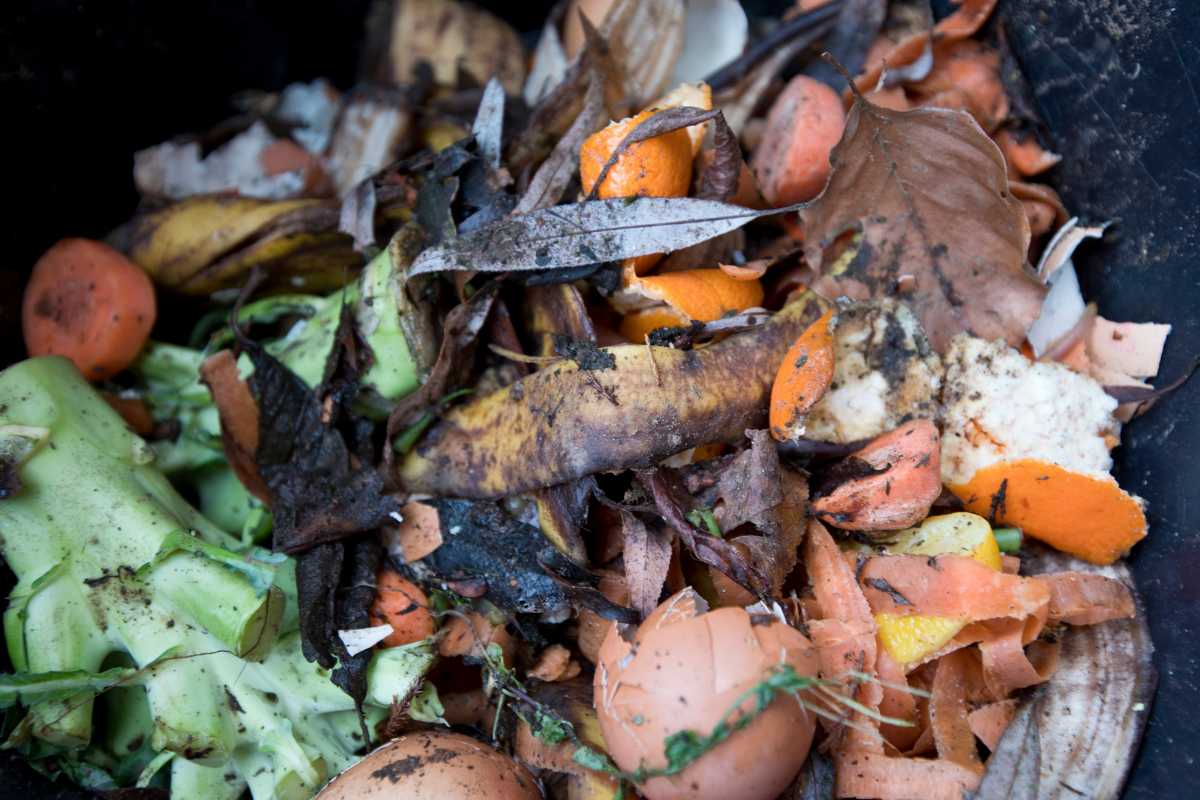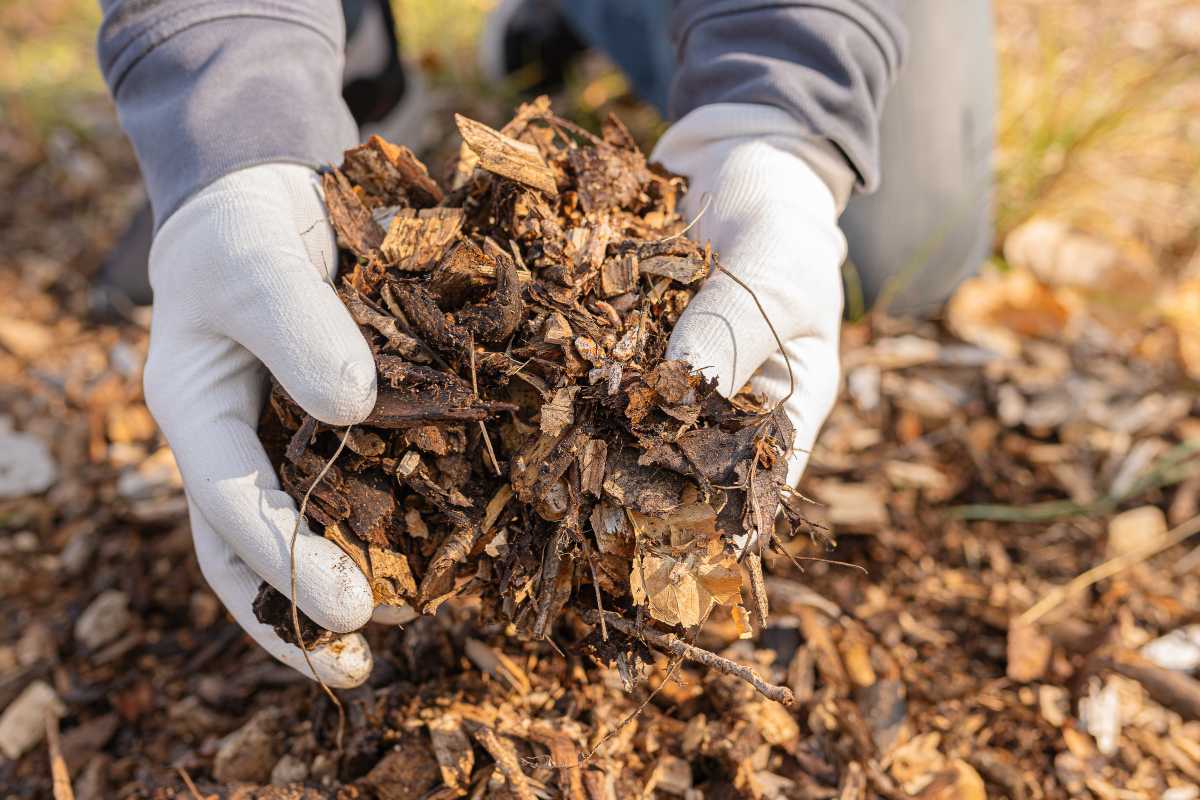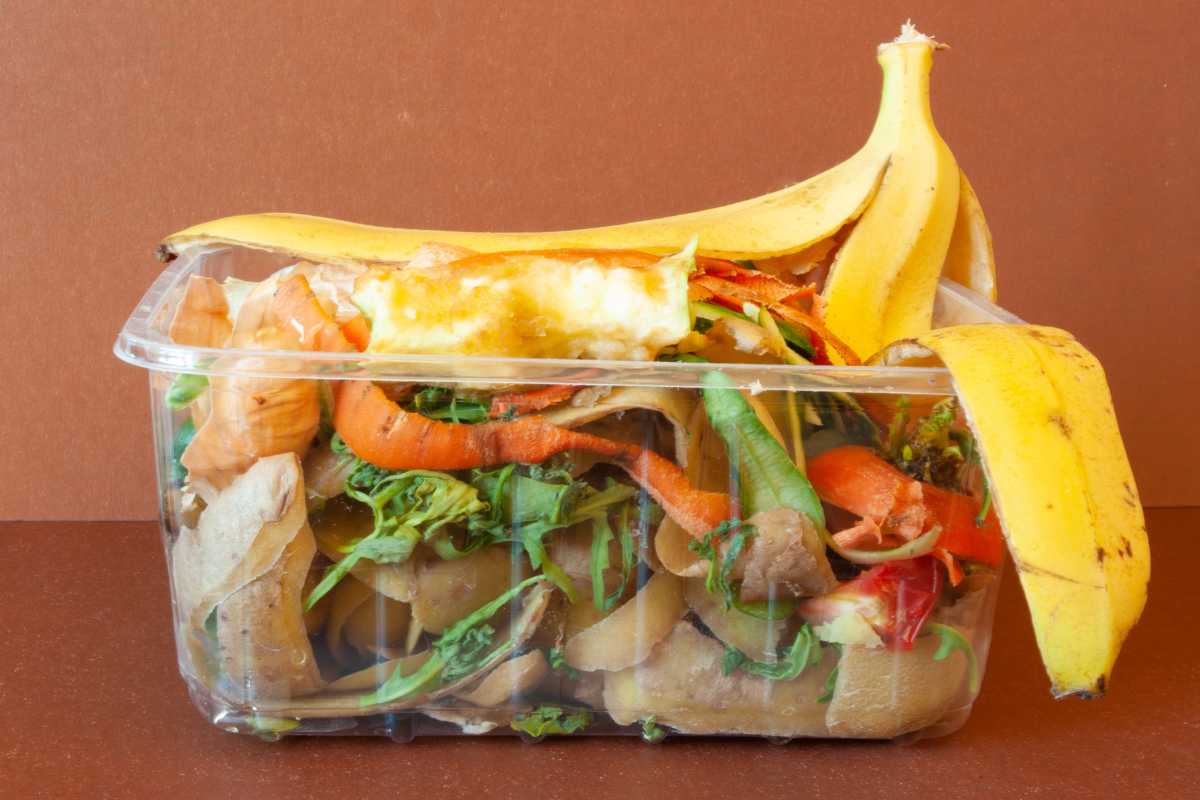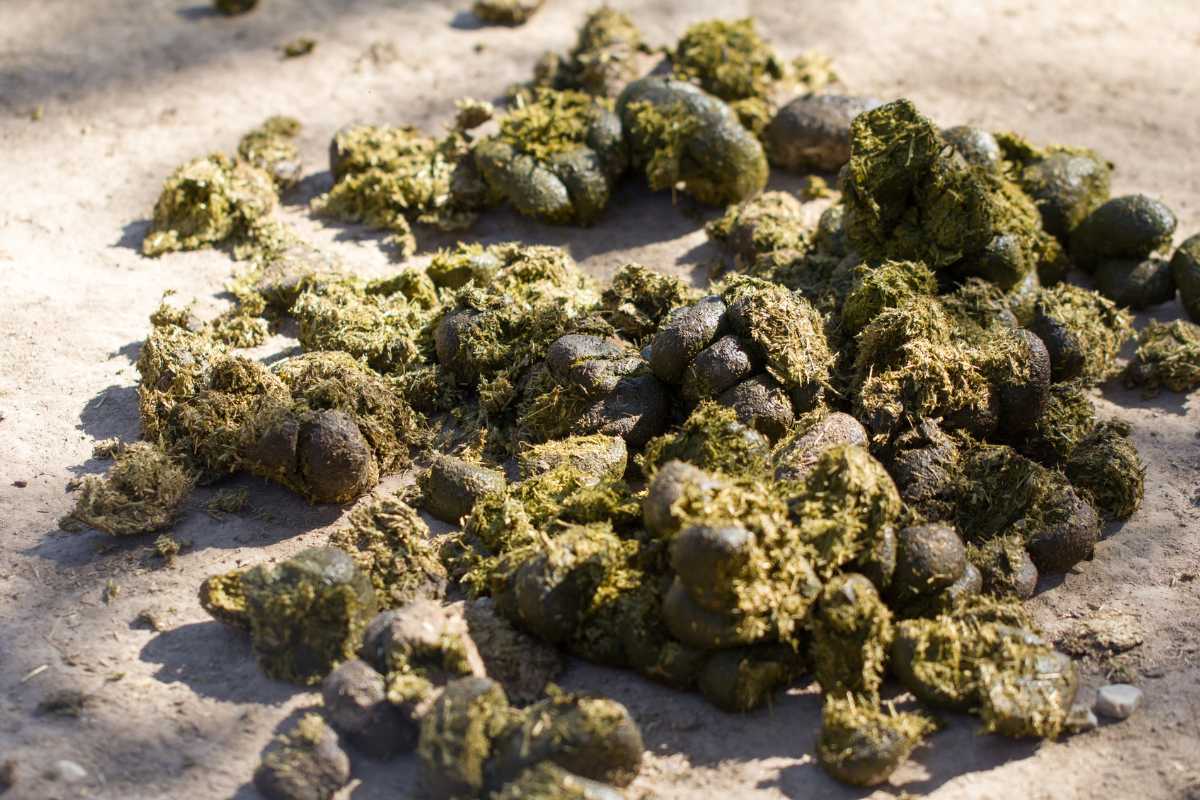With a lot of buzz around organic gardening practices, it can get rather confusing about what actually counts as Organic, Organic Material, or Organic Matter.
It is important to note that there is a distinct difference between organic as a method of farming and gardening, and the more general term. Technically, all plants are organic in the truest sense of the word, as they are all carbon-based life-forms.
When we talk about ‘organic’ fruit or vegetables, as well as ‘organic’ gardening practices, we mean that man-made chemicals have not been used to treat the soil or plants.
- Read More: How to Start an Organic Garden Guide
In general, organic means that something is, or has been, alive. Therefore, organic gardening can use non-organic material, such as porous volcanic rock to improve the soil. Likewise, plants that have been treated with chemicals are, technically, still organic in the truest sense of the word.
Organic matter can be from plants that have been treated with chemicals, so it is always best to do your own composting. That will allow you to completely eliminate chemical use in your gardening.
I’m going to go into what is organic material and more detail with examples of what organic matter is suitable to use in your garden.
I’ll also show you how you can ensure that your organic material will be in keeping with your organic gardening practices.
What is Organic Material?

Organic material is anything that is, or was, alive. This refers to plants and animals, as well as anything related, such as hair or leaves.
Organic material decays over time and helps to enrich the soil by giving back the nutrients it has absorbed while alive. They support the soil microbes and organisms that work together to
You may also have heard of adding organic soil amendments. Soil amendments are organic material and adding them to soil will improve all types of soil, including clay soil and sandy soil.
- Read More: Organic Amendments for Soil: Complete Guide
While any living thing is organic material, when gardening we still have to be selective about what material is suitable to add nutrition to our soil. For example, human waste is technically organic material, but I doubt that you would want it dug into your vegetable garden.
When it comes to gardening, we call decayed organic materials “compost.” We dig it into the soil to improve its condition, as well as to add additional nutrients for healthy soil.
If you want to use organic gardening methods, you must ensure that the organic materials you are adding to your compost heap have not been treated with chemicals. Those chemicals could potentially harm the soil and you’d end up with low-quality soil.
If you buy vegetables from the grocery store that have been sprayed or grown with chemicals, then the peelings and waste will be organic material.
Most likely you would’ve washed the food before eating, but there’s still always a chance that there are still pesticide residue on the kitchen waste.
- Learn More: Organic Soil Guide for a Healthy Organic Garden
Organic Material vs Organic Matter Difference
The comparison of Organic Material vs Organic Matter is debatable. You will find different answers to this question of how they differ.
It is commonly accepted that organic matter is decomposed organic material, but in truth, there is no difference and the terminology is interchangeable.
Examples of Organic Material
Organic material encompasses everything from the human body to fungus and bacteria. Inorganic materials include rocks, metals, minerals, and (perhaps surprisingly) water.
For the purposes of gardening, organic material is added to a compost heap where it will decompose to form compost that you can dig into your soil.
Once the organic matter has broken down entirely, to a point where it is no longer able to decay, it is called humus. It is then suitable to dig into your garden where it will improve drainage, moisture retention and add nutrients.
Below I’ve listed three categories of organic materials that you can add to your compost heap, as well as some examples of each.
1. Garden Waste / Products of Plant Material

Plant material products include grass clippings, weeds, dead plants (as long as they are disease-free), and twigs or branches.
Wood does take longer to break down, so chop it up before you compost to aid decomposition. Gunk from ponds also contains lots of nutrients as it is usually broken down plant matter.
Cardboard and paper actually count as organic material, as they are usually made from wood. As long as it hasn’t been coated in anything or chemically treated, you can also add this to a compost heap.
2. Kitchen Scraps

If you do any cooking at home, kitchen scraps will be readily available. Instead of throwing them out in the trash, save them to use for your soil.
Kitchen scraps are great organic material to compost as long as the material is not cooked.
Suitable scraps are tea leaves coffee grinds, vegetable peelings, rotten fruit or vegetables, or eggshells.
Do not compost meat as it attracts pests.
3. Animal Manure / Animal Material

Animal byproducts are great to use as organic material.
Animal waste is great organic material because they add lots of nutrients to your soil. The key is to only use the manure of herbivores (only eats plants), if possible.
Blood meal and bone meal are available as soil additives and are organic materials. Blood meal is powdered animal blood, and bone meal is powdered bones.
You can use dead animals you find in your garden, like birds frogs or fish. Don’t add them too often though as they attract pests, like meat.
Toe and finger nail clippings, as well as hair count as organic matter and can be composted.
Worm castings (or poop) is essentially what makes up compost. The worms break down the organic materials by eating and excreting them.
Other bugs that help break down organic material include flies, woodlice, slugs, snails, centipedes, and millipedes. When these bugs die, they will break down along with all the other organic matter.
What is Organic Material – Final Thoughts
Gardening comes with a lot of buzzwords, ‘organic material’ being one of them. If you’ve been confused that non-organic gardeners still use organic material, I hope this article had cleared it up for you.
As previously mentioned, it’s important to distinguish between organic as a gardening method and organic as in a living organism. All gardeners and farmers use organic matter to improve the soil, but what that organic matter is made up of will determine whether you can call yourself an organic gardener or not.

